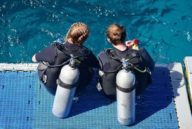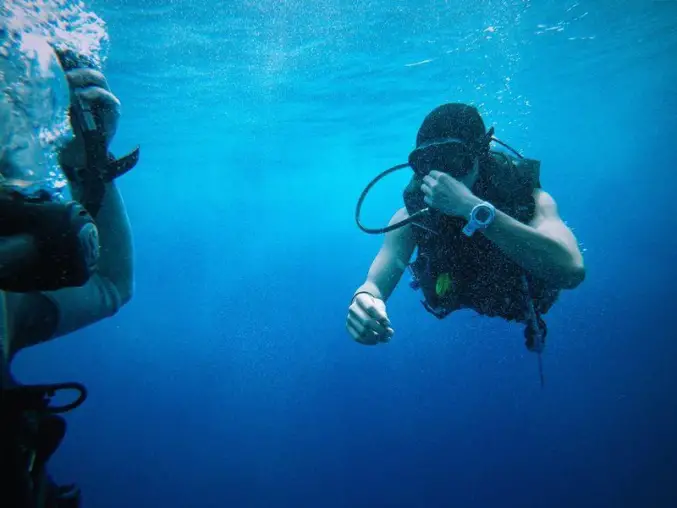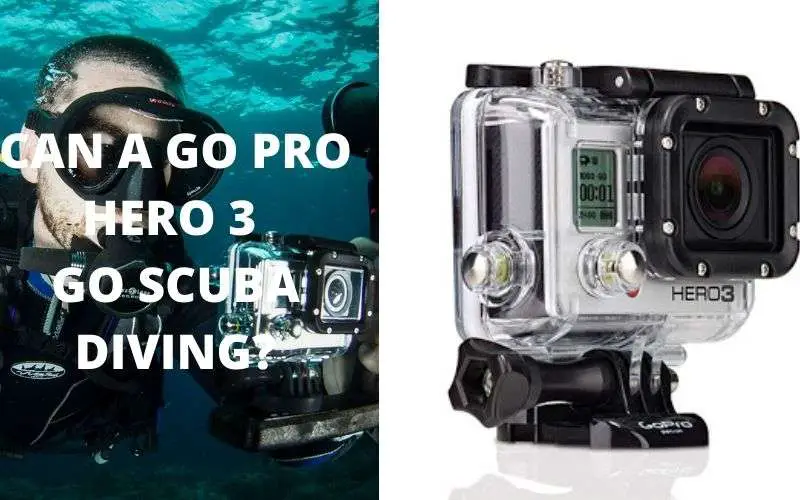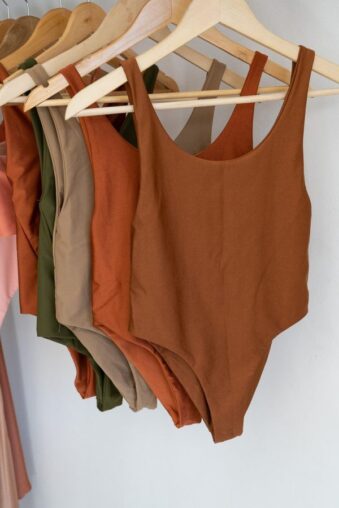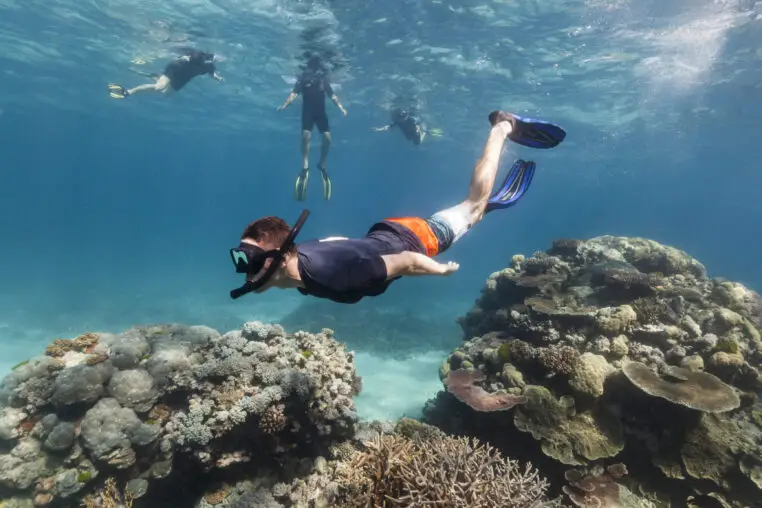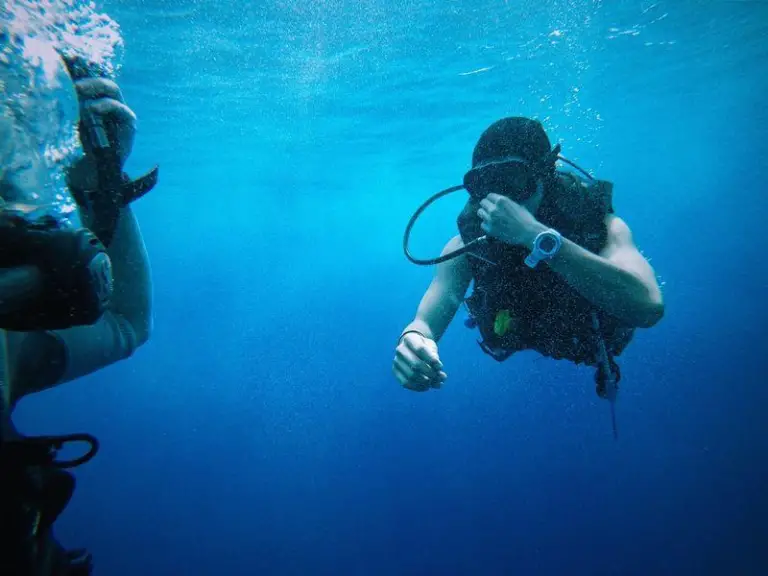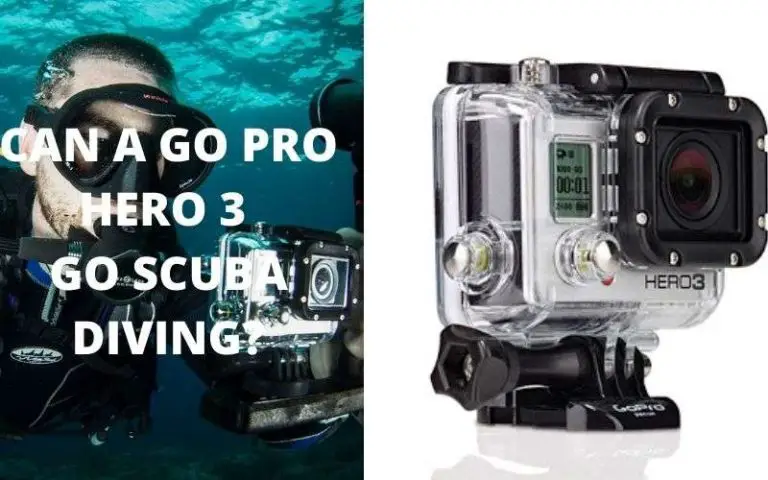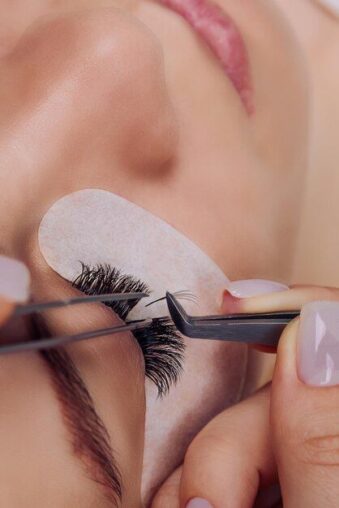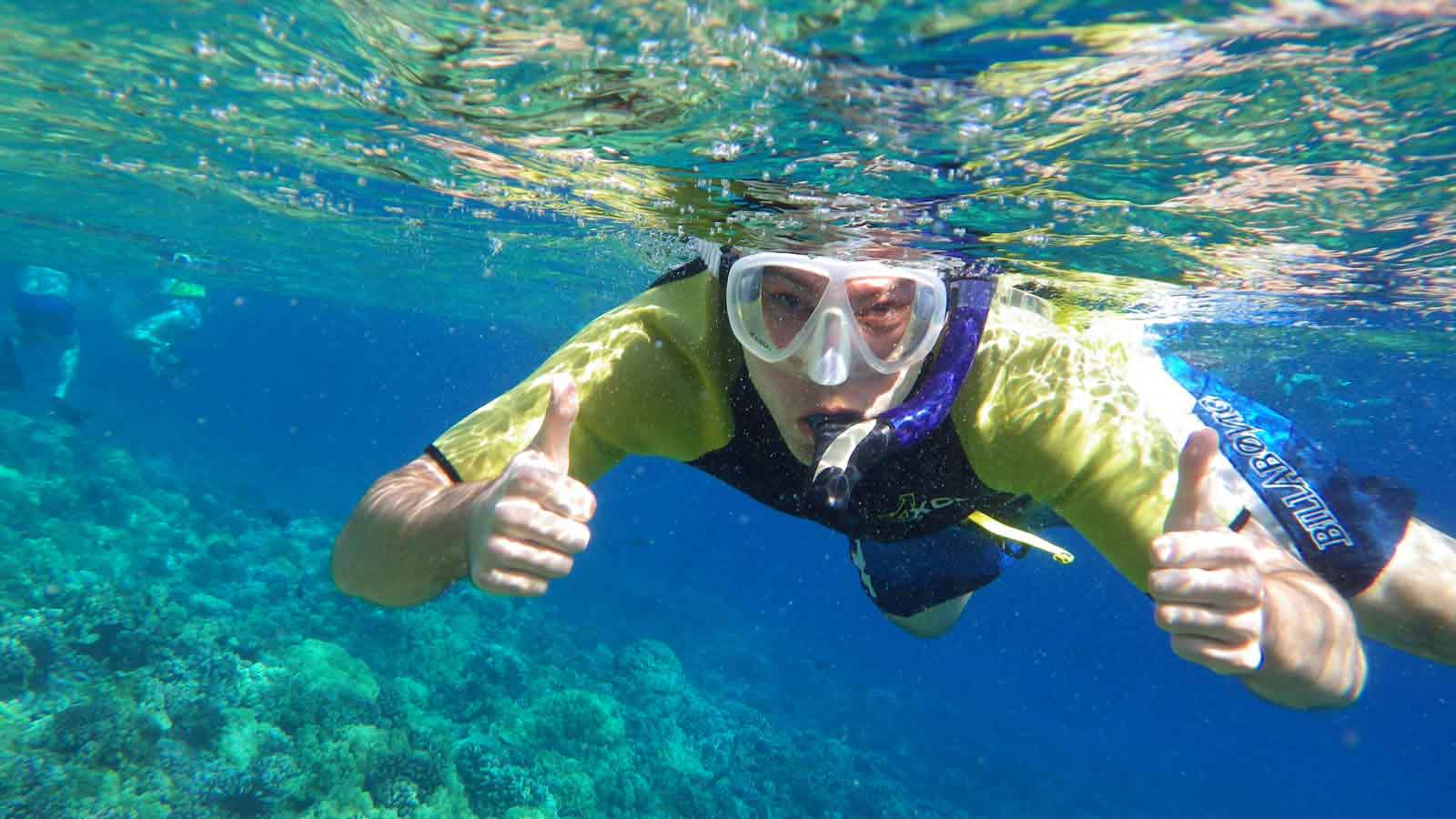
Have you ever experienced muffled hearing or discomfort in your ears after indulging in water-based activities like snorkeling, scuba diving, or swimming? If so, you’re not alone.
Our ears aren’t designed to withstand prolonged submersion, and snorkeling, in particular, can lead to ear blockages. If post-snorkeling hearing issues are bothering you, there’s no need to panic; you’re in good company.
This article will explore the common causes of ear blockages after snorkeling and provide effective solutions to help you regain your hearing. Let’s dive in and clear those ears!
Understanding Ear Blockages
Before delving into the solutions, it’s important to understand why your ears might get blocked after snorkeling. There are several reasons, some related to general water exposure and others specific to snorkeling activities. If you experience persistent pain in your ears or ongoing hearing loss, it’s crucial to seek medical attention promptly.
Preventing Ear Blockages While Snorkeling
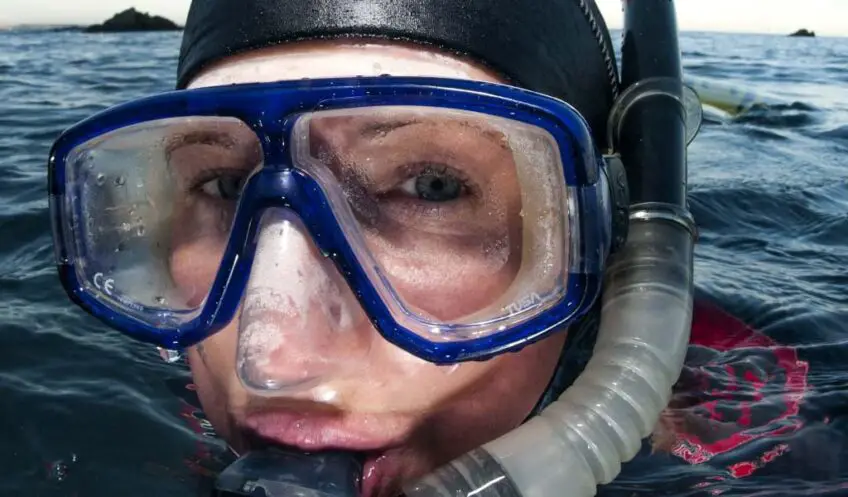
The simplest way to prevent ear blockages while snorkeling is to keep water out of your ears in the first place. You can achieve this by taking various precautions:
Use Swim Caps
Wearing a snug-fitting swim cap is a practical way to shield your ears from water exposure. It provides a protective barrier that prevents water from entering your ear canals.
Swimming Earplugs
Consider using swimming earplugs designed to keep water out. However, be cautious if you plan on diving beneath the surface, as standard earplugs can interfere with equalizing your ear pressure and may cause middle ear barotrauma.
Vented Scuba Diving Earplugs
If you intend to dive deeper while snorkeling, opt for vented scuba diving earplugs. These specialized earplugs effectively block water while allowing air to escape, enabling you to equalize your ear pressure safely.
Equalizing Your Ears
One common cause of hearing issues after snorkeling is failing to equalize the pressure in your ears while diving. Even a shallow dive of a few feet can result in pressure differences between your middle ear and the surrounding water, leading to discomfort and temporary hearing loss.
To equalize your ears, follow these steps:
- Pinch Your Nose: While wearing your snorkel mask, pinch your nose shut with your fingers.
- Exhale Gently: Exhale gently through your nose while keeping your mouth closed. You should hear a subtle “pop” sound as your ears equalize.
- Equalize Early and Often: Remember to equalize your ears every 1-2 feet of depth during your descent. This proactive approach helps maintain clear hearing and minimizes discomfort.
If you encounter difficulties while equalizing, you can explore additional techniques outlined in this comprehensive guide.
Clearing Blocked Ears After Snorkeling
Experiencing blocked ears after snorkeling can be unnerving, especially if you’re new to the activity. However, rest assured that this condition is quite common and rarely leads to permanent damage. Here are some effective methods to clear blocked ears:
Utilize Gravity
The simplest, product-free method is to tilt your head so that the affected ear is facing downward. Alternatively, lie on your side with a towel to absorb draining water.
Gently pulling your earlobe can further open the ear canal, facilitating water drainage. You can also try shaking your head or jumping with your head tilted to dislodge stubborn water.
Vacuum Method
Create a vacuum sensation using your hands. Tilt your head to let the blocked ear face downward, and form a cup with your hand, pressing it tightly against your ear to create an airtight seal.
Quickly straighten out your cupped hand, and you should feel a vacuum sensation in your ear. Repeat this process until the water is suctioned out.
Use a Blow Dryer (with Caution)
While this method should be approached cautiously to avoid burns, it can effectively remove trapped water. Set your hairdryer to the lowest heat setting and hold it at least a foot away from your ear. Simultaneously, gently pull down on your earlobe to open the ear canal for improved airflow.
Ear Drops
You can use commercial ear drops for swimmers or create your own DIY solution using vinegar and rubbing alcohol. Mix equal parts of both ingredients, transfer the solution to a dropper, and apply a few drops to the affected ear while lying on your side.
Wait for 30 seconds, then tilt your head in the opposite direction to allow the solution to drain out. This method helps eliminate water, kill bacteria, and dry out your ears effectively.
Dealing with Earwax
Earwax, a natural substance that protects against ear infections, can contribute to hearing problems when impacted or pushed deeper into the ear canal, often caused by improper ear cleaning techniques like using Q-tips.
Clearing Earwax Safely
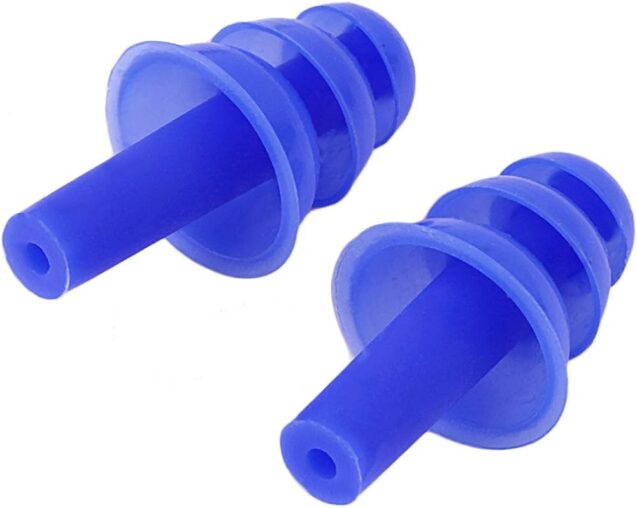
It’s crucial not to attempt earwax removal yourself, as it can lead to complications such as perforated eardrums. If you suspect earwax buildup due to Q-tip usage, seek professional assistance from a doctor.
For a non-invasive DIY approach, follow these steps:
- Warm Olive Oil: Heat up some olive oil to body temperature by placing it in a container and running it under hot water. Warm oil can help lubricate the ear canals and encourage earwax to come out naturally.
- Apply the Oil: Pour a teaspoon of warm olive oil into each ear canal and let it settle for a minute. Then, tilt your head in the opposite direction to allow the oil to drain out. Repeat the process for the other ear to potentially clear any blockages.
Swimmer’s Ear
Swimmer’s ear, an ear infection caused by trapped water and bacteria, can result in symptoms such as itching, mild pain, swelling, redness in the ear canal, and hearing loss. If left untreated, it can lead to permanent hearing damage and severe illness.
To reduce the risk of swimmer’s ear, take these precautions:
- Dry Your Ears: Ensure your ears are thoroughly dry after snorkeling or swimming. Any trapped water can become a breeding ground for bacteria.
- Equalize During Dives: If you duck dive while snorkeling, remember to equalize regularly to prevent ear barotrauma, which can lead to infection if not addressed promptly.
How Long Can Water Stay in the Ear?
Ideally, you should aim to remove water from your ears as quickly as possible to minimize the risk of ear infection.
However, in the absence of any intervention, most of the water in your ears should naturally evaporate within 2-3 days. If water persists beyond this timeframe, it could lead to swimmer’s ear.
Conclusion
Experiencing hearing issues after snorkeling is a common occurrence with manageable solutions. Whether it’s trapped water, poor equalization, earwax blockage, or an ear infection causing your discomfort, there are effective ways to address the issue and restore your hearing.
Prevention is key, and using swim caps, specialized earplugs, and proper drying techniques can significantly reduce the chances of ear blockages. Remember to avoid inserting objects into your ears, as it can exacerbate problems.
Your ears are sensitive and prone to infection, but with some care and maintenance, you can enjoy water-based activities like snorkeling without worrying about ear-related issues.


